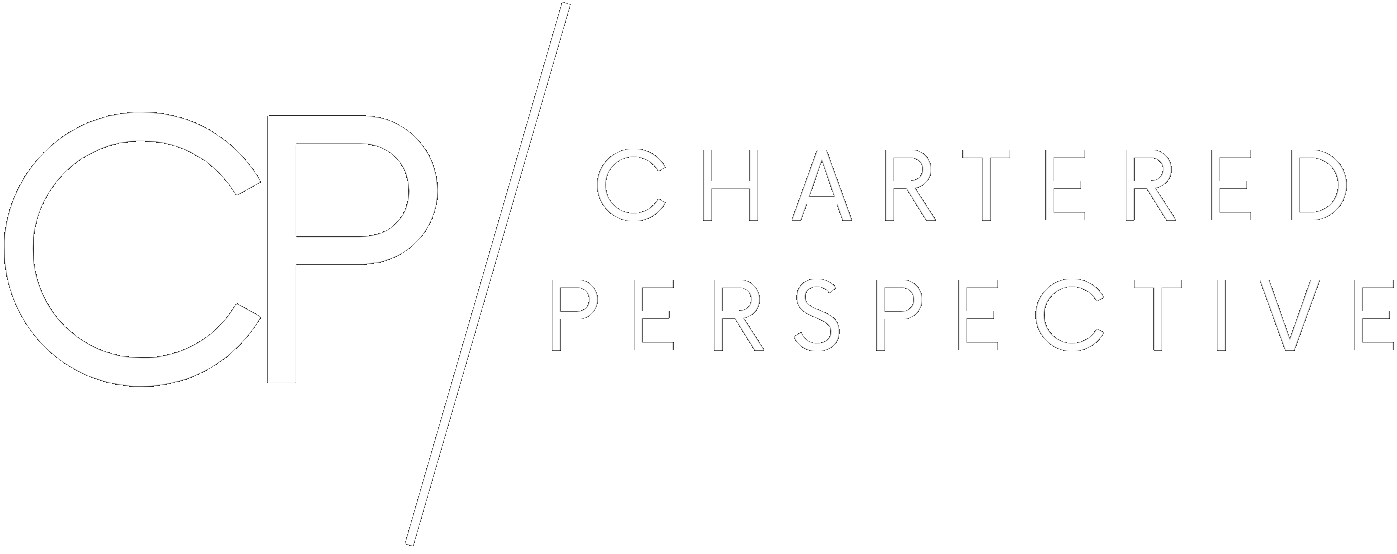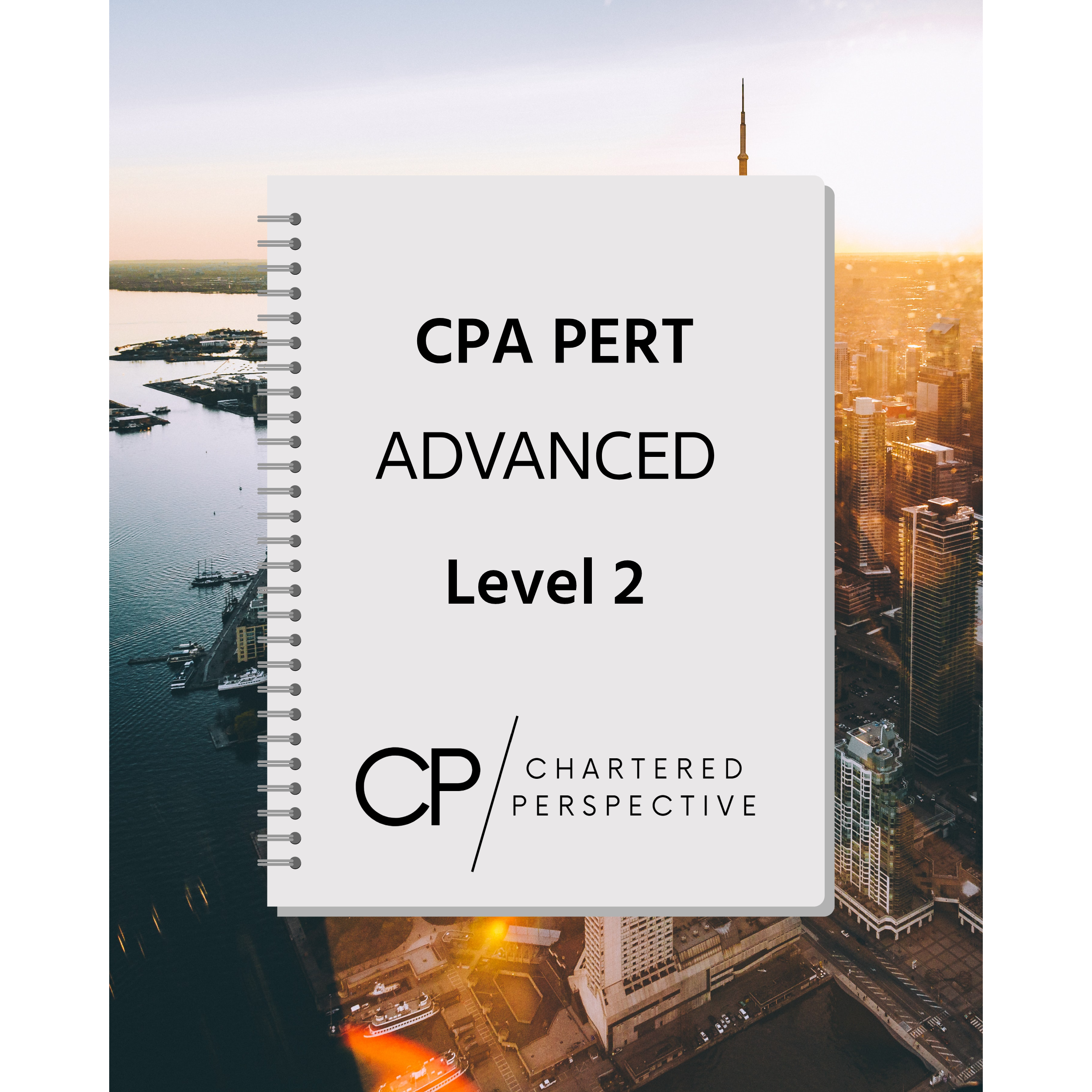Will I Lose PERT Progress if I Change Jobs? (EVR – CPA Canada)
Many CPA candidates who have not yet completed the experience requirement needed to obtain the Canadian CPA designation are often faced with a tough decision when it comes to accepting a new job offer. Given the confusing nature of the Practical Experience Reporting Tool (PERT) and Experience Verification Route (EVR) itself, it is only natural to be uncertain whether a job change will have a negative impact on your CPA candidacy. This article aims to cover some tips, thoughts, and advice to consider when making this decision, in the context of CPA Canada’s Practical Experience Requirements (PER).
Candidates Cannot “Lose” PERT Progress
Changing jobs does not reset your PER progression – any CPA-assessed levels will be retained after switching jobs. This includes situations where your new job has little or no overlap with a previously obtained proficiency – the levels are retained whether they are ever reported on again or not.
Candidates should however keep in mind that after achieving the required Core, Breadth, and Depth proficiencies as outlined by CPA Canada, a final holistic experience assessment takes place. Personally, I did not have any issues with this final assessment however the relevant CPA body does hold the right to re-assess previously obtained proficiencies and this may cause headaches if a candidate is no longer employed in a role that would be able to re-obtain the required proficiency level in the relevant competency.
Before accepting a new job offer, candidates are encouraged to map out their plan for obtaining the required competencies to obtain the Canadian CPA designation, as discussed below.
Plan Your CPA Experience Journey (Competency Map)
Before accepting a new job offer, map out how you plan to achieve the required core, depth, and breadth, competencies required to become a designated CPA In Canada. If the new position is unlikely to allow you to achieve the remaining competencies required for the designation, consider how important the designation is to you and your career goals. On the other hand, the last thing a candidate should do is spend time pursuing a proficiency or competency which isn’t needed in order to obtain the designation. If it isn’t needed, it isn’t a value-added activity, and your time would be better spent elsewhere. There are no bonus points for extra competencies, and two Level 1s do not add up to a Level 2.
In my experience, switching roles allowed me to easily achieve breadth in the CPA competency map because I had strong work experience in the various areas that I worked in (financial reporting, strategy & governance, and finance).
While changing jobs will generally be advantageous for breadth, it can be either an advantage or a disadvantage for achieving depth. See the section below for details.
A template for planning your CPA Canada competencies/PERT journey is provided for free in the Chartered Perspective store. Feel free to check it out from the links provided:
Why Changing Jobs May Be Beneficial
Candidates typically achieve Core competency/proficiency relatively easily, however, struggle with Depth and Breadth. Where changing jobs may prove to be beneficial are these exact problem areas.
Depth: Depth can be thought of as developing expertise (proficiency level 2) in a certain competency. Typically, this is achieved by continuously taking on increasingly complex and autonomous work relevant to the competency. A job change which allows a candidate to take on more complex work can aid in achieving depth for this reason. Further, an increasingly senior job title may assist with conveying to the CPA experience reviewer that the candidate is in fact operating at the required level.
Breadth: Breadth is wide but shallow knowledge and may potentially also benefit from a job change, especially if a candidate is not merely moving up in seniority but rather taking on a different role where they will develop new competencies. Switching jobs and being able to report under entirely new competency areas will allow a candidate to more easily obtain the required Breadth.
Pre-Approved Program (PPR) vs. Experience Verification Route (EVR): If you are considering leaving a PPR for EVR, please read the separate blog post linked here.
Strong Practical Experience Reports (PERT) Are Key
While there are several factors than can decrease or increase a candidate’s chances at obtaining their required proficiency levels, it will all ultimately come down to the candidate’s experience reports submitted through the Practical Experience Reporting Tool (PERT). Regardless of years of experience, job title, or job description, candidates are responsible for conveying to the CPA reviewers how their experience is worthy of their requested proficiency level. If you are struggling with CPA practical experience reporting, feel free to check out the PERT guides offered on the Chartered Perspective store as linked below. These guides offer PERT examples, templates, analysis, and explanations to help candidates achieve their required proficiencies from Levels 0-2.
My PERT Journey
I personally faced many challenges when going through the EVR and PERT process with CPA Ontario, however, I was able to eventually meet the requirements and obtain the designation in ~40 months of experience and with a handful of job changes along the way. My personal experience with PERT and details on how I obtained my core, breadth, and depth competencies, is described in this blog post: EVR – My Experience.







PERT Basic is the perfect guide to help you get started with the CPA Practical Experience Reporting Tool (PERT). This PDF guide includes a brief overview of the CPA Experience Verification Route reporting process as well as example answers with commentary and explanations for both Technical and Enabling competencies at levels 0 and 1.
This guide is well suited for a new CPA Candidate getting started with experience reporting, particularly those reporting under the Experience Verification Route (EVR).